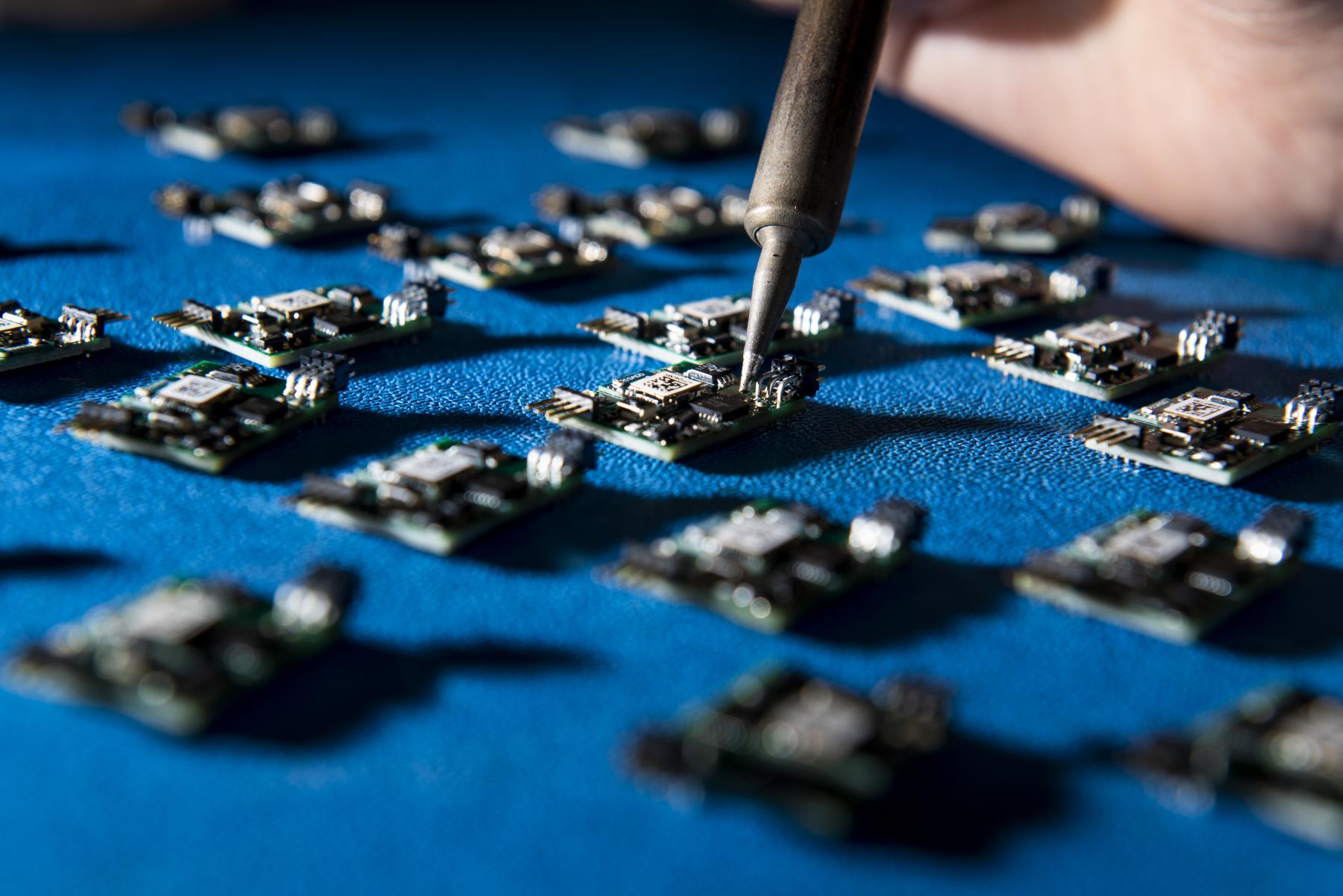
Tech Transfer Productivity Highlights
Bringing Discoveries to the Marketplace
In the academic sector, the process of bringing discoveries to the marketplace is known as “technology transfer.” Tech transfer is now part of the government’s mandate for institutions that receive federal research funding. By and large, technology transfer is accomplished through the licensing of intellectual property (IP) created by university inventors to companies that have the resources and the desire to develop and apply the technology. In return, universities receive payments (in the form of fees, equity in a company, or royalties on revenues a company earns) for the products or services that have been licensed. Income to the university is distributed according to each institution’s policy, which generally includes compensation to the inventor(s) and a mechanism for channeling revenue back to the research programs of the university.
While technology transfer has been commonplace in the industrial sector for a long time, it is only within the last forty years that the notion of licensing IP for commercial purposes has developed within the academic community due to passage of the Bayh-Dole Act (35 USC 200-212) in 1980.
The staff of the Tufts Office for Technology Transfer and Industry Collaboration (TTIC) work closely with the inventors and industrial collaborators who can develop the early-stage technologies that basic research generates. Recognizing that when inventions are disclosed to the TTIC they are often at a stage of development too early to attract commercial interest, the University initiated the Tufts Launchpad Accelerator, a proof-of-concept grant program to advance technologies to a point where they are more likely to attract interest from existing companies or from investors looking to launch new ventures. Early-stage technologies are often transferred to the commercial sector through startup formation. TTIC is a key component of Tufts’ emergent entrepreneurial ecosystem for fostering new venture creation, which includes (i) the Tufts Launchpad I Accelerator; (ii)Tufts Launchpad I Biolabs, a fully equipped, coworking, and shared lab space that provides startups with the infrastructure and equipment they need to build their biotechs; (iii) the Tufts Entrepreneurship Center; and (iv) a collaboration with Greentown Labs, the largest clean technology incubator in the US.
Tufts Royalty Generating Products on the Market
- Illumina microarrays – Genomic analysis
- Quanterix – Single-molecule arrays for ultrasensitive biomarker detection
- KinderLab Robotics – Childhood education software/hardware programming kit
- Paratek Pharmaceuticals – Omadacycline for antibiotic-resistant infections
Tufts University Productivity (2010 – 2019)
From fiscal 2010 to 2019, TTIC has collected $70 million in total income.
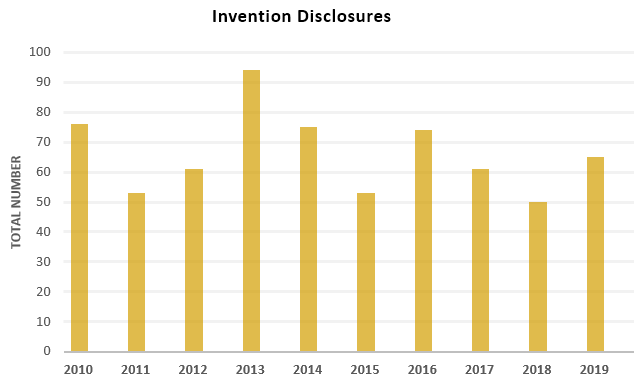
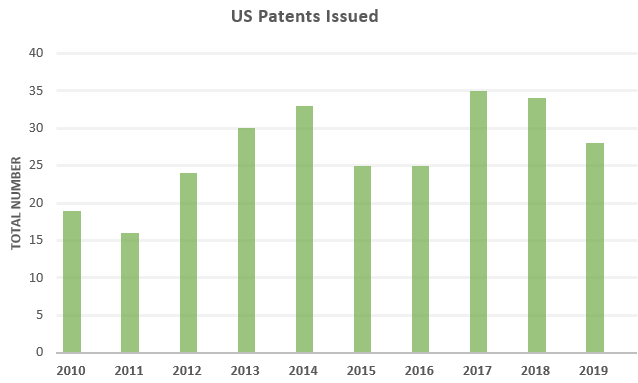
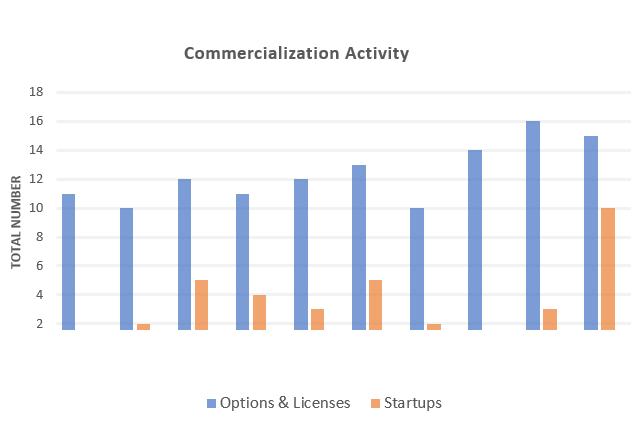
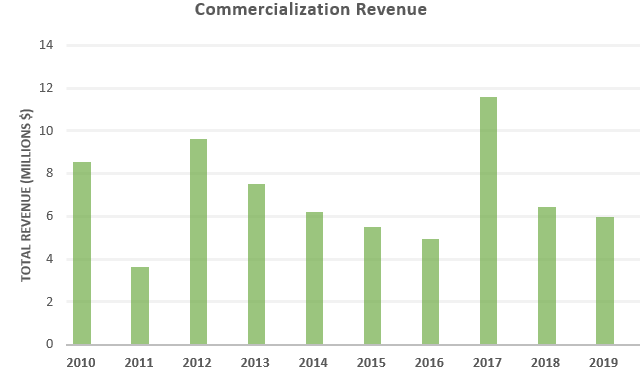
Selected Pipeline Products
- Quanterix –Single-molecule detection platform for in vitro diagnostics
- Sofregen Medical – silk protein–based tissue/dermal fillers
- GliaCure – Early-stage drug candidates for neurocognitive disorders
- Vaxess – Silk microneedle patches for vaccine delivery
- ZwitterCo – Filtration membranes for lower-cost wastewater recycling
- Dynocardia – Wearable technology for outpatient management of blood pressure